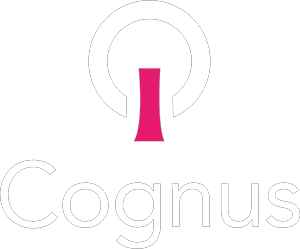The SEND Code of Practice states that a graduated approach to meeting the needs of all children and young people including those with SEND should be used. The vast majority of children and young people will have their needs met through high-quality teaching which is known as ‘universal support’.
At the heart of this guidance and advice is the belief that we must work together to provide an embedded approach, whereby learning settings, families and therapies collaborate to identify and deliver the best support into the everyday life of the child/young person in preparation for adulthood.
Current best practice identifies up-skilling those working in the closest proximity to the child/young person. Therapists work in partnership with families, schools, colleges and other professionals all working towards shared goals.
Some children and young people may require support that is additional intervention for a period of time which can be provided by members of education staff supported by the therapies team. This is termed ‘targeted support’. A small minority of children and young people may require support in addition to this, at a ‘specialist level’.
Download the Graduated Response for Education Based Therapeutic Support to find out more about Cognus Therapies Graduated Response. This is a working document and will be regularly updated by Cognus Therapies to ensure that it provides up-to-date and accurate information.
Download the Classroom Support Strategies for Speech and Language Therapy to find out how you can support speech, language and communication needs in the classroom.
Download our top tips for speech and language development for deaf children leaflet and our top tips for speech and language development for hearing children leaflet following audiology appointments at St Helier Hospital. This leaflet was made in collaboration with the Children and Hearing Working Group for St Helier Hospital.
We really want to know what you think, so that we can use this to help improve our services. Thank you for taking the time to complete our therapies survey. Here is the link for the quick survey please click here.
